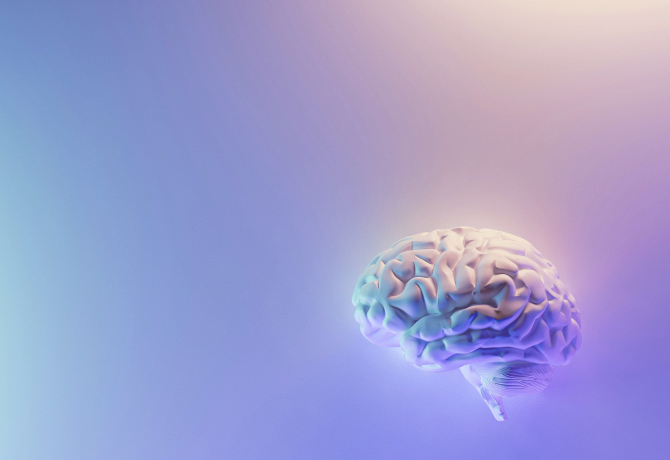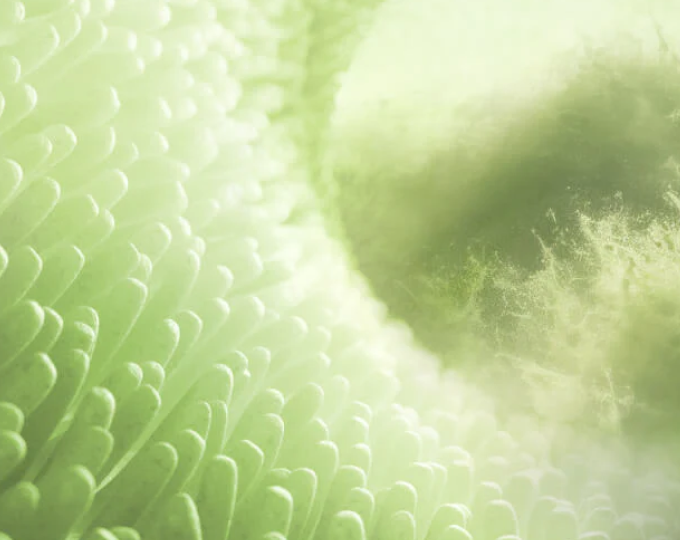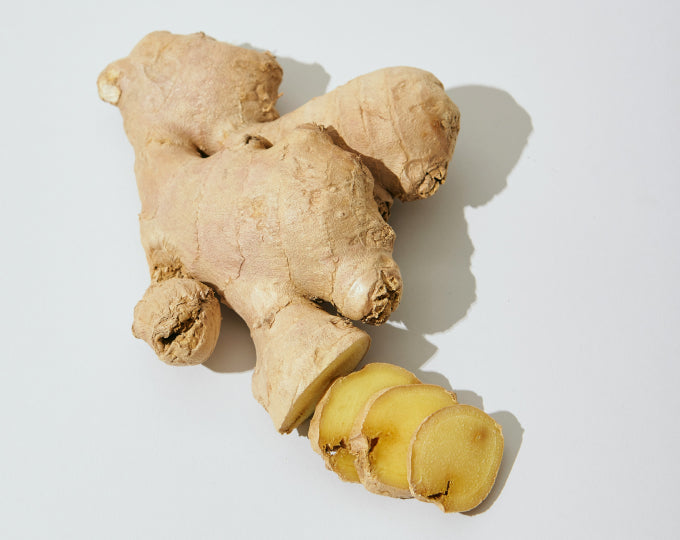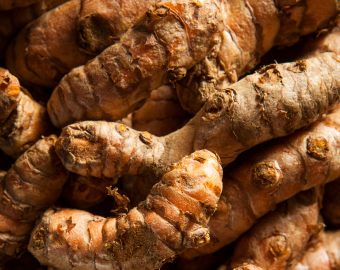Themen dieses Blogartikels:
Table of Contents
- Definition: What is a blood-brain barrier?
- What are the components of the blood-brain barrier?
- Cells and tissues of the blood-brain barrier
- These substances impair the function of your blood-brain barrier and brain
- Nicotine, alcohol and drugs
- Radiation
- Wrong diet
- Artificial food additives
- Metals
- Diseases
- The blood-brain barrier as an obstacle for drugs and plant substances?
- How can you keep your blood-brain barrier fit?
- Tips for everyday life
- Bibliography
Definition: What is a blood-brain barrier?
Your blood-brain barrier protects your brain by preventing toxins and pathogens from entering your brain from your blood. It therefore plays a similarly important role for your body as the gut-brain axis.
Normally, the blood-brain barrier works automatically and without you having to think about it. However, it can happen that the function of this barrier is restricted, which can lead to illness and unpleasant symptoms. On the other hand, drugs, natural substances or amino acids may be necessary to make it easier for certain substances that have a positive effect on our brain to cross the blood-brain barrier.
The information in this article will help you to better understand the mechanisms of the blood-brain barrier and show you how you can maintain the barrier.
What are the components of the blood-brain barrier?
When it comes to the brain, you might immediately think of nerve cells. But did you know that nerve cells are not part of your blood-brain barrier? They only have any contact with the barrier at all via the so-called astrocytes. Nerve cells are therefore not a direct component of the blood-brain barrier.
Cells and tissues of the blood-brain barrier
Instead, the following cells and tissues are responsible for ensuring that your brain is only supplied with good substances and that harmful substances such as pathogens are kept out:
- Endothelial cells: The endothelial cells line the walls of your blood vessels from the inside and control which substances are allowed to enter the brain's nervous system and which are not. They stand close together and form a strong protective wall by closing off the spaces between them with the help of so-called tight junction proteins. This cell layer, which consists of tightly packed endothelial cells, is called the endothelium. “Endo” means something like inside.
- Basement membrane: The endothelium is surrounded by a membrane that holds everything together. This basement membrane is in communication with the surrounding cells and has a say in deciding which substances are allowed to cross the barrier to the brain and which are not.
- Pericytes: The pericytes are embedded in the basement membrane. These cells communicate with the endothelial cells and can contract and thus control the blood flow. They also exhibit macrophage activity. Macrophages are scavenger cells that literally devour pathogens.
- Astrocytes:There are also cells around the basement membrane - the astrocytes. They help the endothelial cells to defend the barrier to the brain and contribute to the supply of the nerve cells. The astrocytes send out messenger substances that influence the permeability of the endothelium. Through the astrocytes, nerve cells have contact with the outside world, which is also connected to the nervous system.
If all these cells and elements function as intended, unwanted substances have little chance of causing disruption in your brain. But what unbalances the blood-brain barrier?
These substances impair the function of your blood-brain barrier and brain
There are some uninvited guests that can pass through your blood-brain barrier even though they shouldn't. If the barrier is damaged, it cannot be repaired. It is therefore important to protect it and ensure that the blood-brain barrier remains intact. To do this, you should keep certain substances away from it and avoid unhealthy behaviors. The following overview shows which substances and habits these are and what negative effects they can have on the barrier to the brain:
nicotine, alcohol and drugs
There is no doubt that substances like nicotine, alcohol and cocaine are harmful to the body. But did you know that they are small enough to pass through your blood-brain barrier? These substances can therefore affect the brain if you let them into your body.
There is another reason why smoking, drinking and taking drugs are bad for your well-being: drugs, nicotine¹ and alcohol that enter your body through these habits can affect the blood-brain barrier and even damage it². In addition, the substances cause oxidative stress³, which can also lead to a disruption of the blood-brain barrier.

Radiation
Another danger that lurks outside your body and threatens to disrupt the balance within your body is electromagnetic radiation. This comes from your cell phone, for example. This and other forms of radiation can have a negative effect on the blood-brain barrier by increasing its permeability to harmful substances⁴.

Wrong diet
If you have a sweet tooth, it's time to find alternatives to sugar. Too much of it, like too much of other carbohydrates, is harmful to the blood-brain barrier and the brain. High blood sugar levels are often associated with inflammation and impaired hunger-satisfaction and can weaken memory⁸.
How much is too much? Sugar consumption becomes a concern when it significantly exceeds the recommended consumption of 25 g per day.

Artificial food additives
Sugar and other carbohydrates are not the only substances that can affect the barrier between the brain and the bloodstream. Artificial additives in food are also suspected of causing disorders in the brain. Although research in this area is still in its early stages, there is already evidence that glutamate affects our blood-brain barrier⁵.
In addition, experiments with the sweetener aspartame have shown that this substance can cause oxidative stress in the brain⁶. We don't want to jump to conclusions, as further research is needed on this substance, too. However, we'll mention it for the sake of completeness.
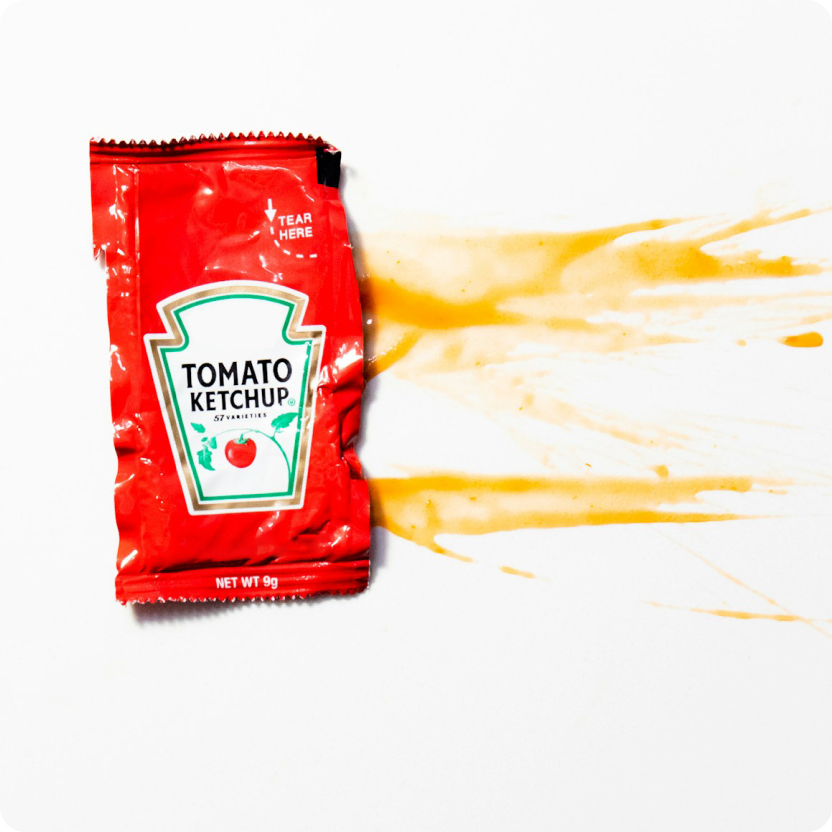
Metals
Citric acid can bind metals, which then have a relatively easy time getting through the blood-brain barrier into the brain. In the case of aluminum in particular, a combination with citric acid increases absorption. That's why you should avoid pots and dishes made of aluminum⁷ and also avoid baking with aluminum foil.
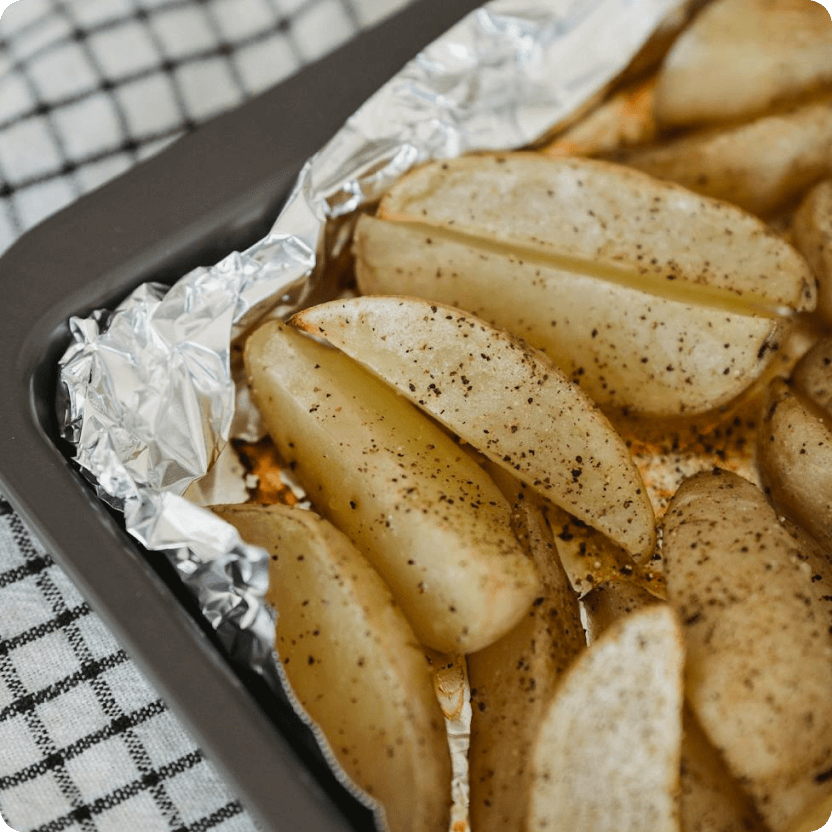
Diseases
Viruses and bacteria not only weaken your immune system, but they are also particularly insidious invaders. Some of them piggyback onto brain-penetrating substances in order to get into your brain and disrupt the processes there.
Caution is particularly important in cases of serious illness where the pathogen enters the bloodstream (sepsis). Inflammation and some diseases can also damage our blood-brain barrier and make it more permeable.
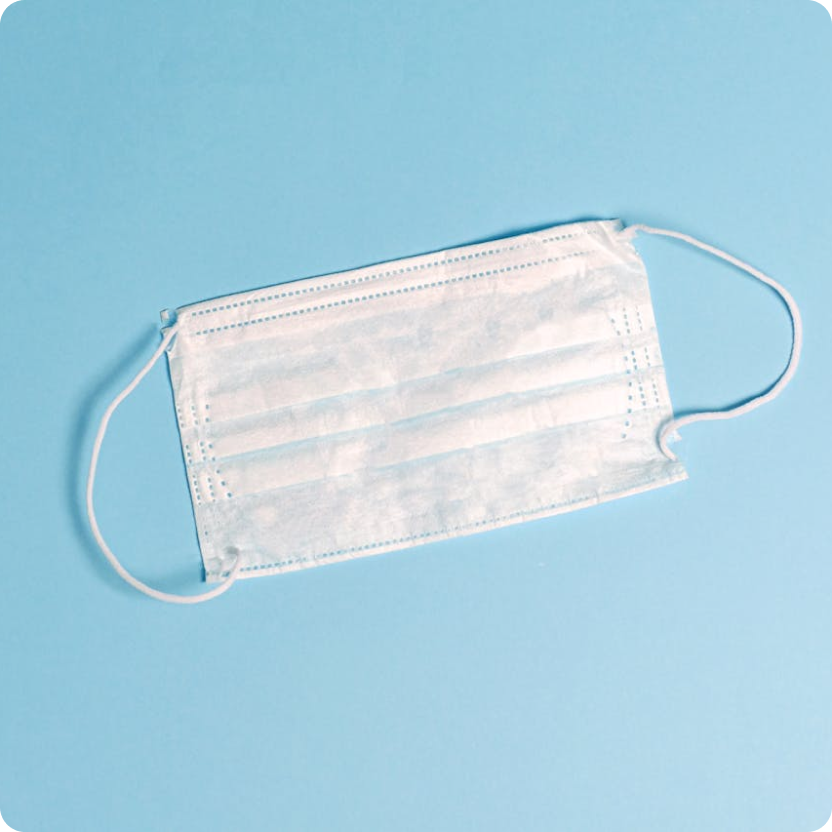
The blood-brain barrier as an obstacle for drugs and plant substances?
As important as the human blood-brain barrier is for protecting the brain, it can also have a detrimental effect when taking medication or plant substances . One example is dopamine: the neurotransmitter that you know as the happiness hormone cannot cross the blood-brain barrier. However, if you take a precursor of the substance, it can easily reach your brain and be converted into dopamine there⁹. This knowledge was used in drug development. Today, Parkinson's patients receive a precursor of dopamine called L-dopa.
Many plant substances also have difficulty crossing the barrier between blood and brain. However, scientific papers on this topic are rare. In the case of plant-based active ingredients, it is therefore usually questionable whether and how they cross the blood-brain barrier.
How can you keep your blood-brain barrier fit?
You now know the most important tasks and functions of the blood-brain barrier and how important this barrier is. To ensure that harmful substances don't literally get on your nerves, you should take good care of your body.
Tips for everyday life
- A balanced diet plays an important role in your well-being. It helps you prevent illnesses, stay fit in your everyday life and, at the same time, protects the blood-brain barrier and the brain.
- The barrier of your brain is made up of blood vessels, tight junctions, endothelial cells and other elements that can be disrupted by substances such as alcohol, drugs and nicotine. Therefore, it is better to avoid such substances.
- Instead, incorporate a little more exercise into your daily routine. How about daily walks and yoga, for example?
- In addition to physical activity, getting enough sleep is important to support the function of the brain's blood-brain barrier. Yoga or meditation can help you relax in the evening or slowly get back to your old form after an illness.
If you want to know more about topics such as nutrition, exercise and restful sleep and are looking for tips for greater well-being, then our knowledge blog is the right place for you.
This article is based on carefully researched sources:
Bibliography
- Sharma, H.S., Muresanu, D., Sharma, A., & Patnaik, R. (2009). Cocaine-induced breakdown of the blood-brain barrier and neurotoxicity. International review of neurobiology, 88, 297–334
- Sharma, HS, & Ali, S.F. (2008). Acute administration of 3,4-methylenedioxymethamphetamine induces profound hyperthermia, blood-brain barrier disruption, brain edema formation, and cell injury. Annals of the New York Academy of Sciences, 1139, 242-258
- Lochhead, JJ, McCaffrey, G, Quigley, CE, Finch, J, DeMarco, KM, Nametz, N, & Davis, TP (2010). Oxidative stress increases blood-brain barrier permeability and induces alterations in occludin during hypoxia-reoxygenation. Journal of cerebral blood flow and metabolism : official journal of the International Society of Cerebral Blood Flow and Metabolism, 30(9), 1625–1636
- Tang, J., Zhang, Y., Yang, L., Chen, Q., Tan, L., Zuo, S., Feng, H., Chen, Z., & Zhu, G. (2015). Exposure to 900 MHz electromagnetic fields activates the mkp-1/ERK pathway and causes blood-brain barrier damage and cognitive impairment in rats. Brain research, 1601, 92-101
- Hermanussen, M., García, AP, Sunder, M., Voigt, M., Salazar, V., & Tresguerres, JA (2006). Obesity, voracity, and short stature: the influence of glutamate on the regulation of appetite. European journal of clinical nutrition, 60(1), 25–31
- Choudhary, A.K., & Pretorius, E. (2017). Revisiting the safety of aspartame. Nutrition reviews, 75(9), 718-730
- Wang L. (2018). Entry and Deposit of Aluminum in the Brain. Advances in experimental medicine and biology, 1091, 39–51
- Beilharz, JE, Maniam, J., & Morris, MJ (2015). Diet-Induced Cognitive Deficits: The Role of Fat and Sugar, Potential Mechanisms and Nutritional Interventions. Nutrients, 7(8), 6719-6738
- Lewitt PA (2008). Levodopa for the treatment of Parkinson's disease. The New England journal of medicine, 359(23), 2468-2476
